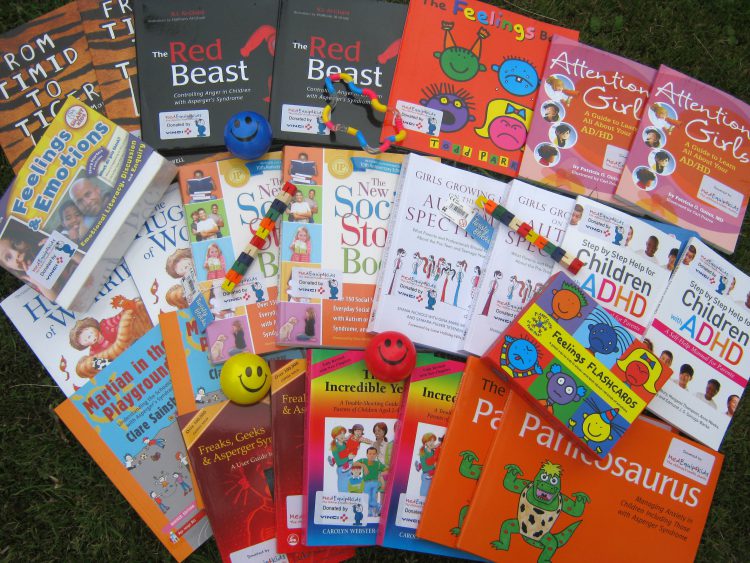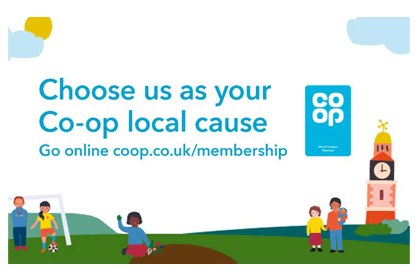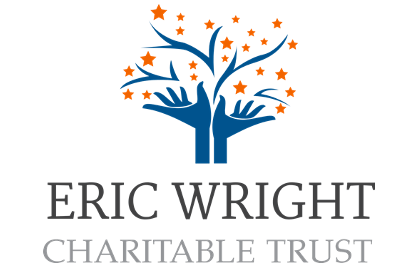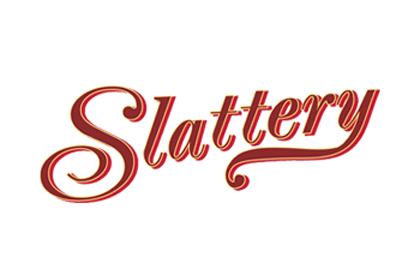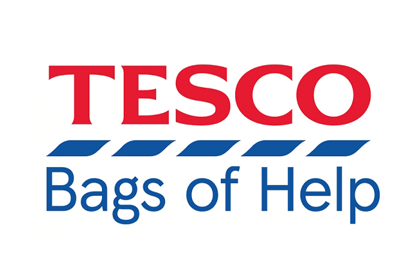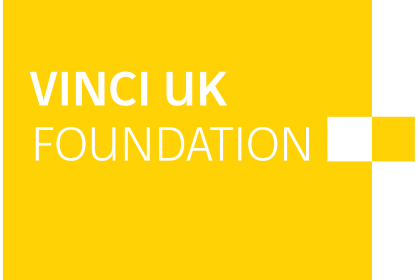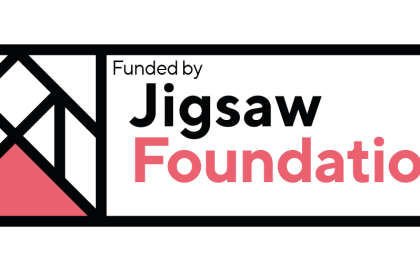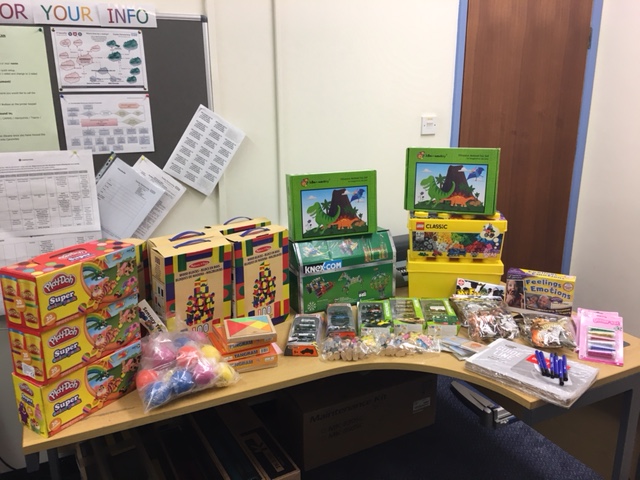
Based in Manchester, MedEquip4Kids improves the health of babies and children in the UK by providing hospitals with equipment not available from limited NHS resources. The charity was founded in 1985 and last year our projects had a positive impact on the health of 120,882 children.
For the past nine years we have been providing extra resources for Child and Adolescent Mental Health Services (CAMHS) across the UK to help the teams enhance their care for children and young people in the UK with a diagnosable mental health condition such as anxiety, depression, an eating disorder, or OCD.
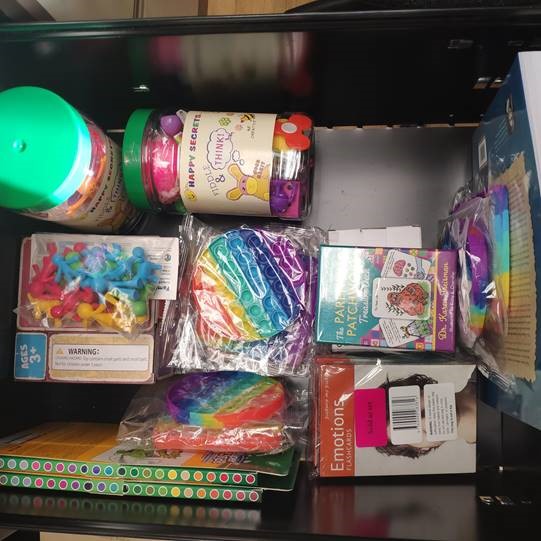
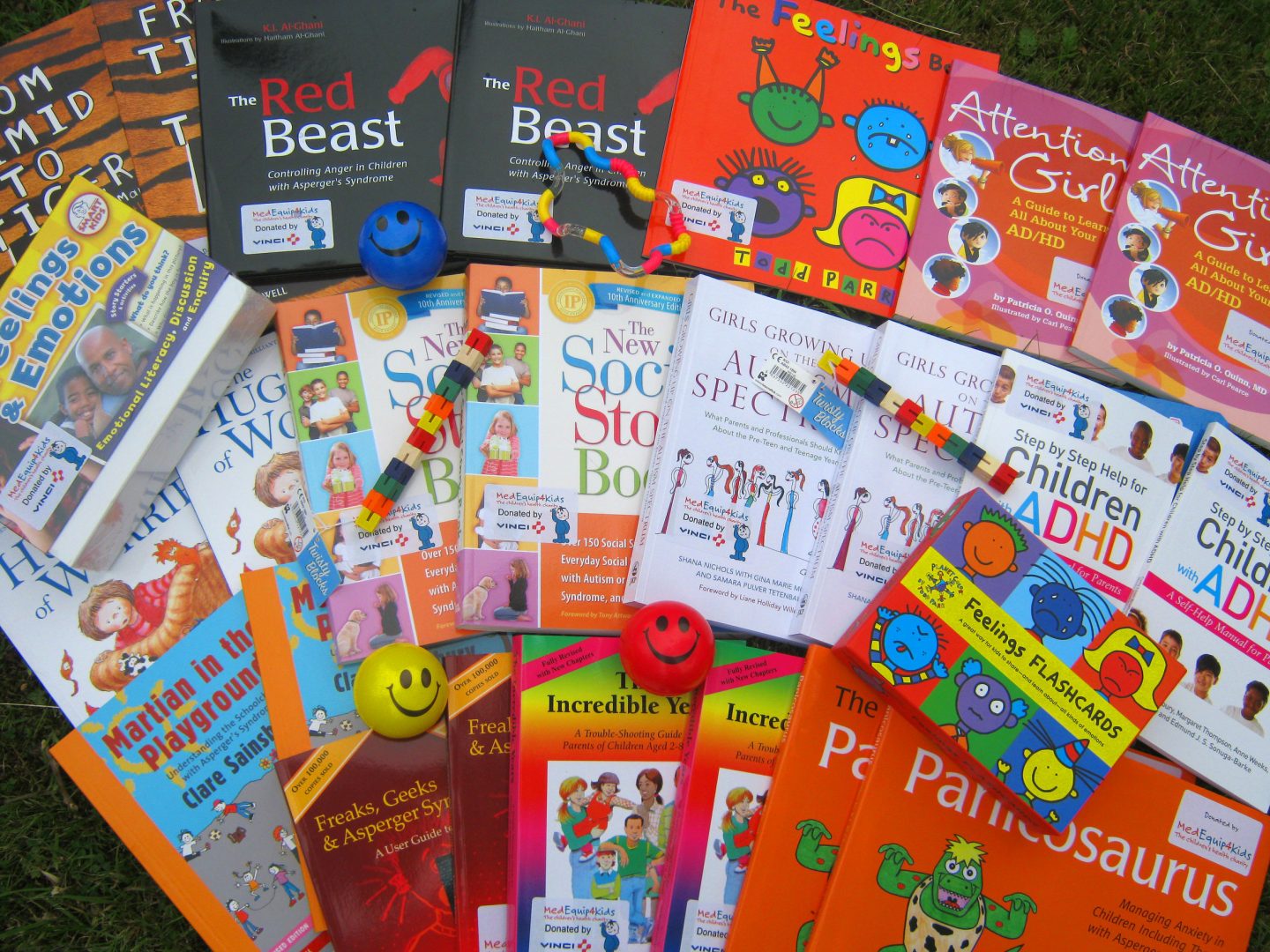
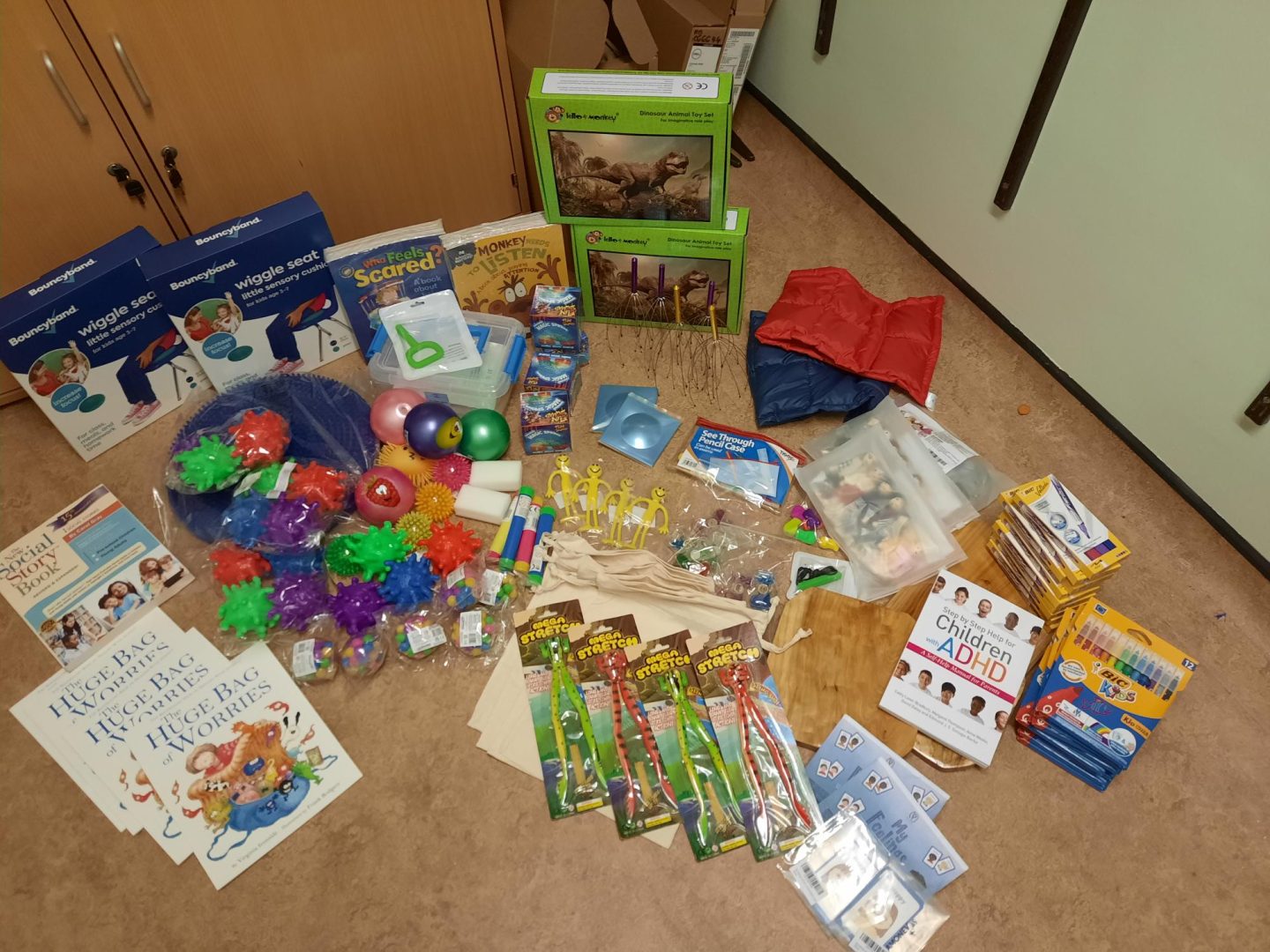
During Mental Health Awareness Week (15-21 May) we’re asking if you can help support CAMHS with a donation to MedEquip4Kids. Each £1,000 we raise through our appeal will provide a tailored package of resources to support a CAMHS team in the UK that cannot access these resources from limited NHS funding. These could include emotion cards, stress balls and fidget toys, arts and craft materials, role-play materials, books, workbooks, puzzles, and more. We know from the evaluations and feedback we receive that these resources are making a real impact in improving the care and treatment offered to young patients with mental health difficulties.
Katie’s story
Katie* was thirteen when she lost her father to suicide. Katie came to CAMHS experiencing severe anxiety and depression. The craft equipment we provided was used to engage with her, the pens and rolls of paper were used in her therapy, and the Coping Cat workbook was used to help with her anxiety. Katie is still being seen by CAMHS, but she is now functioning in a much better place. She is attending school full time, she has friends, and she has recently started participating in volunteer work.
Skylar’s story
Fifteen-year-old Skylar* came to Child and Adolescent Mental Health Services (CAMHS) experiencing low moods and anxiety. Her family were very worried about how to support her and help her communicate with them. They were trying hard to get her to open up about her feelings and encourage her to spend more time with them, but she insisted she was just tired from school. Her family were also wondering how they could tell when their daughter was suffering with a mental health issue and when they could put the changes down to normal teenage behaviour.
Staff at CAMHS lent them the ‘Blame my Brain – The Amazing Teenage Brain Book,’ which they said was incredibly helpful for understanding teenage behaviour. After just two sessions with CAMHS, the whole family were communicating better and feeling less anxious. The book was part of a collection of resources provided for the service by MedEquip4Kids.
Peter’s story
Peter* is seven years old and has a background of complex emotional trauma. Peter finds sand play very therapeutic to touch and creates stories relating to his experiences of chaos and trying to find calm and safety on a regular basis. The sand pit at CAMHS where Peter was attending needed to be replaced as it was too big and difficult to move, and was leaking. The service asked for our help to provide a new sand pit, which is smaller, fit for purpose and manageable in size.
Peter, along with many other children, is very happy with the smaller sand play pit. It has a blue painted bottom, which means he can pretend the blue is the sea and the sand the land. The new sand pit offers different opportunities for imaginative expression, as well as being easy to move around to different parts of the room.
*Names have been changed



Comments from CAMHS staff
“Our Psychological Wellbeing Practitioner used the Playing CBT game to support young people to think of physical symptoms when angry or anxious. This was particularly helpful with a young person who has a learning disability and struggled to identify how he felt during these times. We used feelings and emotions cards during our Big Emotions group to help young people identify with the normal emotions everyone feels.”
“[The donation] has made practitioners happier in their role as they can now provide support to families and young people in different more creative ways as well as provide some toys to families where necessary. Being able to be flexible in the way a CAMHS service is provided is important as children at times can be hard to engage. The donation helped break down some of those barriers.”
“The craft resources and toys are used to engage children in therapy. The mindfulness colouring books are good to help calm children when they are distressed. The new resources have helped clinicians and patients feel valued.”
“We have really appreciated having some up to date toys and stress relieving toys to enable families to feel relaxed and comfortable when visiting us or discussing difficult experiences.”
“The emotions cards helped a young person to talk about her experience of child sexual abuse. She was able to talk about how she felt at the time, and when talking to me about the trauma memory.”
“Items such as the water beads have been very useful for some of our patients on the autistic spectrum who find them calming and distracting when they become overwhelmed in the environment. We have patients with eating disorders who find tools such as tangles and stress relieving balls helpful to manage their anxiety at the table.”
“We are not able to financially stretch to toys and therapeutic equipment that make our job easier to do and to engage the young people. The equipment has added a huge layer of value both for clinicians and the children that we treat.”




